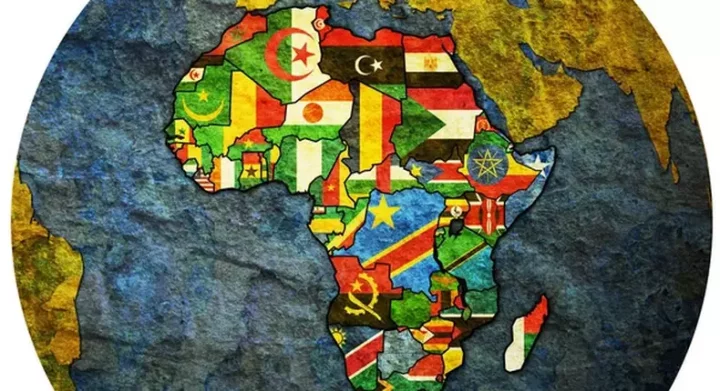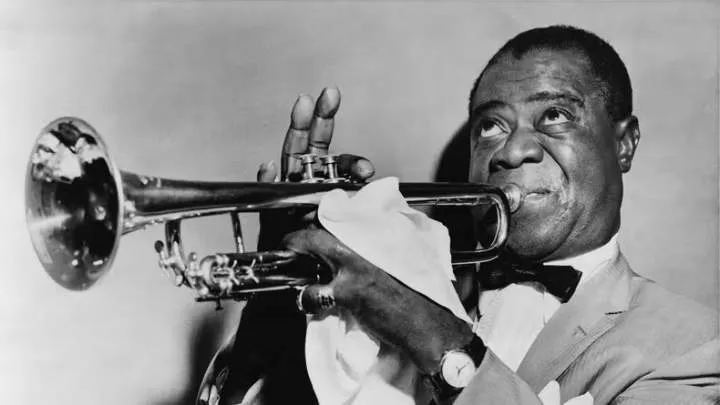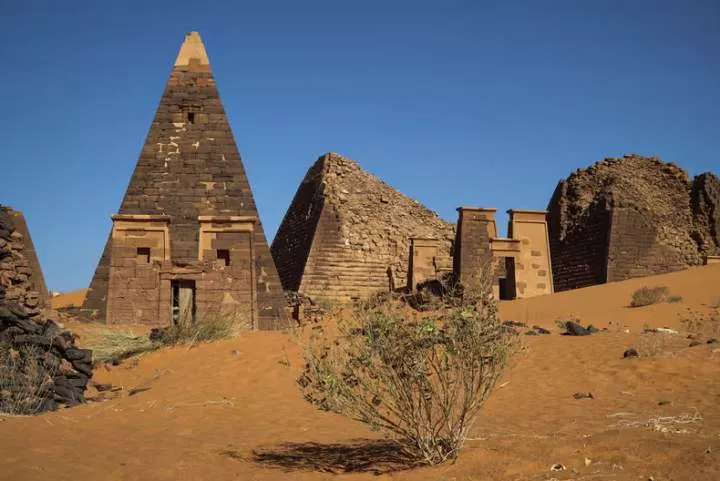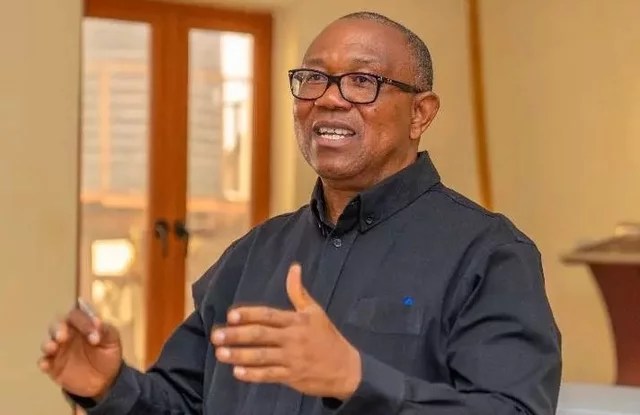8 interesting things Africa has contributed to the world

From groundbreaking inventions to cultural treasures, Africa’s influence is deeply woven into the fabric of global civilization.
The name ‘Africa’ is believed to have been coined by Greeks and Romans, but the continent’s indigenous name, ‘Alkebulan,’ means ‘Mother of Mankind’ or ‘Garden of Eden.’
Here, we delve into some of the things that have definitive African origins, highlighting the continent’s significant impact.
Ethiopia’s gift to the world
The beloved beverage, coffee, traces its origins back to Ethiopia, where it grows wild. Historical accounts suggest that the consumption of coffee dates back to the 10th century, with nomadic communities reportedly eating coffee berries.
This early use of coffee laid the foundation for what has become a globally cherished morning ritual.

The first Mathematical tool
Long before the emergence of known Western mathematicians, Africans had already invented a calculator for basic arithmetic.
The Ishango Bone, discovered on the border of Uganda and the Democratic Republic of Congo (formerly Zaire), is the world’s oldest known mathematical object.
This baboon fibula, carved with notches, is believed to represent processes such as doubling and operations with prime numbers, showcasing early mathematical ingenuity.
Musical genre with African roots
Jazz, a genre celebrated worldwide, is deeply rooted in African musical traditions.
Described as “…essentially African in background and derivation…”, jazz incorporates polyrhythms – the simultaneous use of two or more different rhythms.
These complex rhythmic patterns can be traced back to African music, illustrating the profound influence of African culture on this vibrant genre.

Skincare’s African secret
The nuts from the indigenous African Vitellaria tree, commonly known as the “Shea tree,” are used to create shea butter, a popular global skincare product.
This tree, native to 19 countries across West Africa and parts of East Africa, produces nuts that yield a rich, moisturizing butter.
Shea butter has become a staple in skincare routines around the world, highlighting Africa’s natural bounty.
Medical milestones – South Africa’s pioneering transplants
South Africa has been at the forefront of medical advancements. The country performed the first successful heart transplant in 1967.
In 2015, South Africa made headlines again by pioneering the first successful penis transplant.
This groundbreaking nine-hour surgery was performed on a 21-year-old patient, who went on to impregnate his partner, marking a significant achievement in medical history.
The land of more pyramids than Egypt
While Egypt is renowned for its iconic pyramids, Sudan actually boasts more pyramids than its northern neighbour, with at least 223 in total.
These ancient structures, though less famous, are a testament to Sudan’s rich historical and cultural legacy.

The Democratic Republic of Congo’s vital mineral
The Democratic Republic of Congo (DRC) is home to nearly half of the world’s reserves of cobaltoan spinel, a crucial mineral used in the production of rechargeable phone batteries.
This mineral wealth underscores the DRC’s significant role in the global tech industry.
Early steel production
Long before Europeans mastered steel production, East Africans living along the shores of Lake Victoria developed the technology for producing carbon steel.
Using preheated forced draft furnaces, these communities were able to produce steel millennia before the process was adopted in 19th century Europe, showcasing their advanced metallurgical skills.
Dr. Cheikh Anah Diop, in his Kemetic History of Afrika, writes about this ancient name, emphasizing Africa’s central role in human history and civilization.





